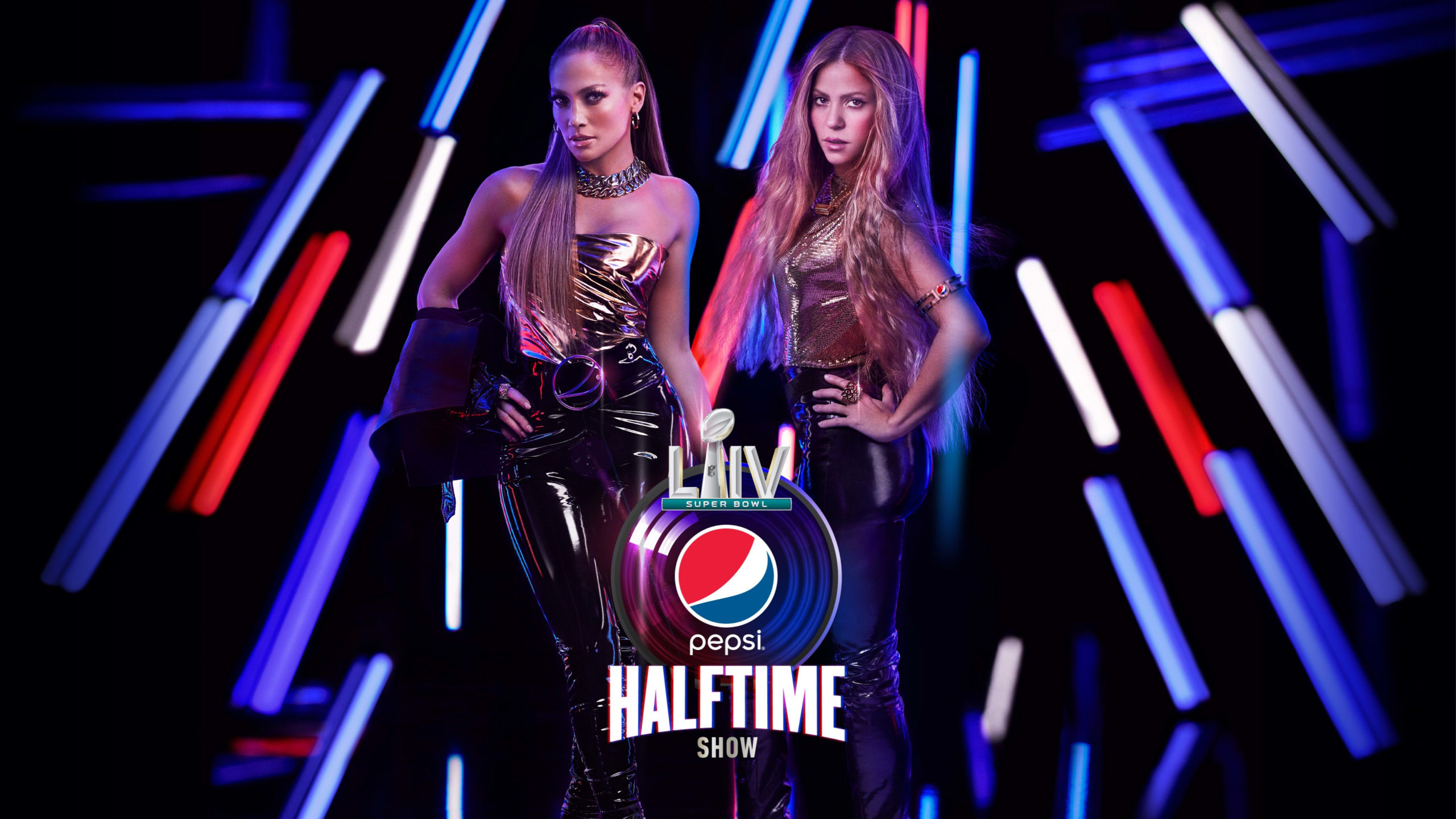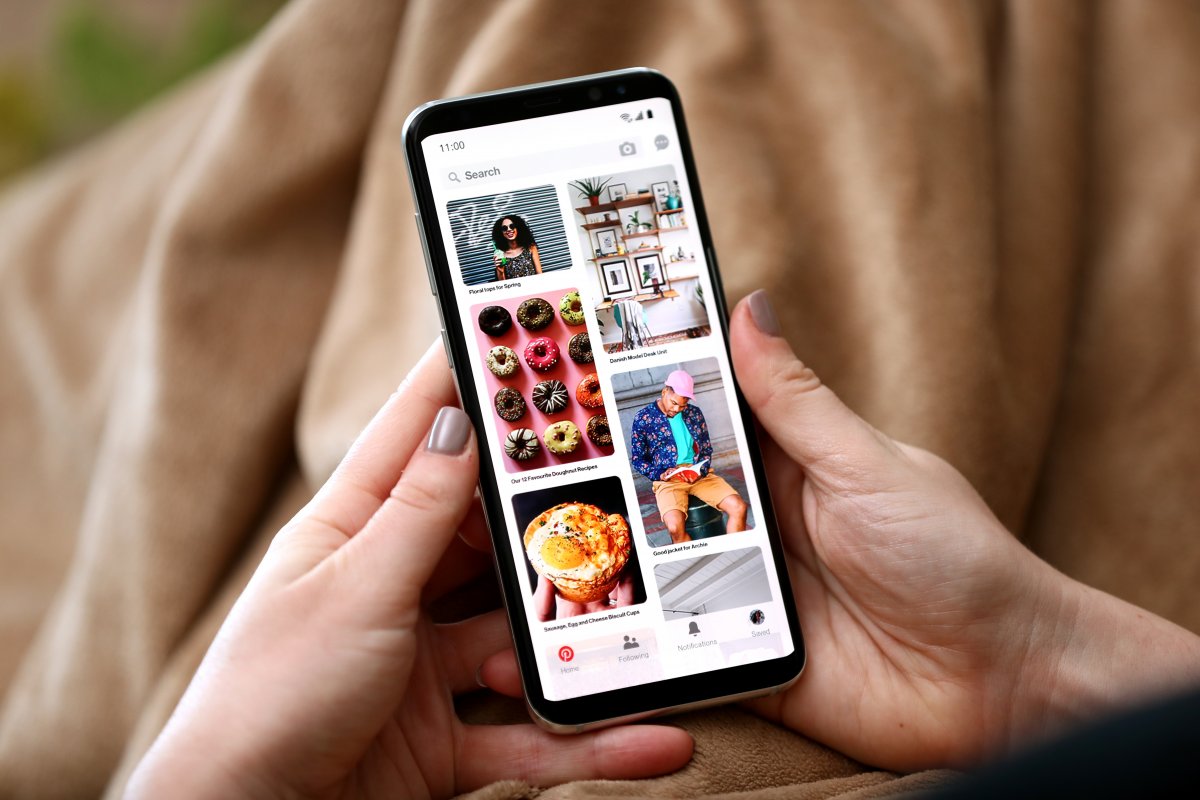Culture Counsel is a monthly column focusing on the intricacies of law through the lens of pop culture and business.
From the Oscars to the Super Bowl, February is a month bursting at the seams with pop culture events. We see massive celebrations in the film, music, and sports industries. The economic halo surrounding these events goes well beyond viewership and the opportunities for brands to gain exposure by aligning with them is astounding. At the apex of these events is the gold star example: the Super Bowl.
The football gauntlet has become a pinnacle moment in North American pop culture and live entertainment, with a viewership of 102 million. Brands understand this and invest significantly in aligning with the Super Bowl so that they can gain brand recognition from its colossal viewership. To give an example of how prolific and invaluable brand alignment to the Super Bowl is, it is reported that it has now become common place that the halftime show entertainers no longer charge a performance fee to the NFL because the exposure generated from their performance is so significant. In fact, J.Lo’s Instagram following allegedly increased by an additional 4 million followers after her halftime show performance.
Through event sponsorship, brands align themselves with key consumer events in an attempt to capture the attention of a large audience of event attendees. The more logical and complimentary a match between brand and event, the more effective the associated connection becomes in the consumer’s mind. This mutually beneficial transactional relationship can come in many forms. However, the foundation of the relationship remains the same: contract law.
Sponsorship, whereby a third party negotiates to be highlighted as an official brand ally of the Super Bowl, is a significant cash cow for the NFL. The level of sponsorship can be as granular as it is inventive, ranging from stadium sponsorship to uniform sponsorship to beverage sponsors. Exclusivity (be it industry or sponsorship class) is always up for grabs and comes with a hefty price tag.
For those whose interests lie outside of the actual sport, the entertainment provided by third party brands associated with the Super Bowl is a draw. For example, novel, inventive and cutting-edge TV commercials have become an anticipated talking point amongst the general population. Third party brands see the value of being a prominent water cooler conversation topic and invest heavily in creating those commercials. With a media buy-in reported to be starting at $5 million (US) for a 30 second ad, brand execution and messaging are critical.
The Super Bowl is a heavy hitter and big scorer. It is demonstrative of an event’s ability to expertly infiltrate the marketplace, thereby attracting third party brands. In Canada, we may not have the Super Bowl but we do have the Grey Cup, Toronto International Film Festival (TIFF) and North by North East (NXNE), for example. In addition, opportunities abound to create a similar (albeit smaller) brand alignment. Don’t discount entry level sponsorship opportunities (i.e. sponsorship of corporate golf tournaments, gaining brand exposure with women’s conferences, etc.)
The key strategy for a brand to consider when evaluating a sponsorship opportunity is to determine the target demographic, where and how that audience is engaged, and the best events that align with the brand.
As with any business undertaking, the parameters of the business relationship should be codified in a legal agreement — in this case, a sponsorship agreement. Defining rights, responsibilities, obligations, expectations, and payment terms ahead of the actual sponsored event is key to a successful and fruitful business relationship, and certainly assists should the relationship sour.
Before you get things going, here are 10 questions that should be addressed in your sponsorship agreement:
- Which party owns what intellectual property?
- What are the limits and guidelines associated with the use of the intellectual property?
- What is the term of the sponsorship relationship?
- Can the agreement be renewed?
- What happens if one party wishes to terminate the agreement early?
- Who is responsible for the costs associated with the sponsorship activation?
- What are the payment terms?
- What restrictions are in place to protect the reputation of either party?
- What are the performance obligations of either party to effect the sponsorship publicly?
- Which party assumes liability and indemnifies the other? What are the mishaps that would trigger indemnification?
Ultimately, through a sponsorship relationship, two parties are coming together for a mutual benefit: profit and exposure. Hopefully, the relationship will prove fruitful and enduring. Codifying the rights, responsibilities, expectations and limits set between the parties assists in a real and substantial way in ensuring that the parties’ relationship maintains effective, productive and beneficial.
Ashlee Froese is a branding, entertainment and fashion lawyer. She is the founder of Froese Law, which is an award-winning cross-border branding law firm that provides branding, business, contract, and intellectual property law services. Prior to launching Froese Law, Ashlee was a partner at a Bay Street law firm.












